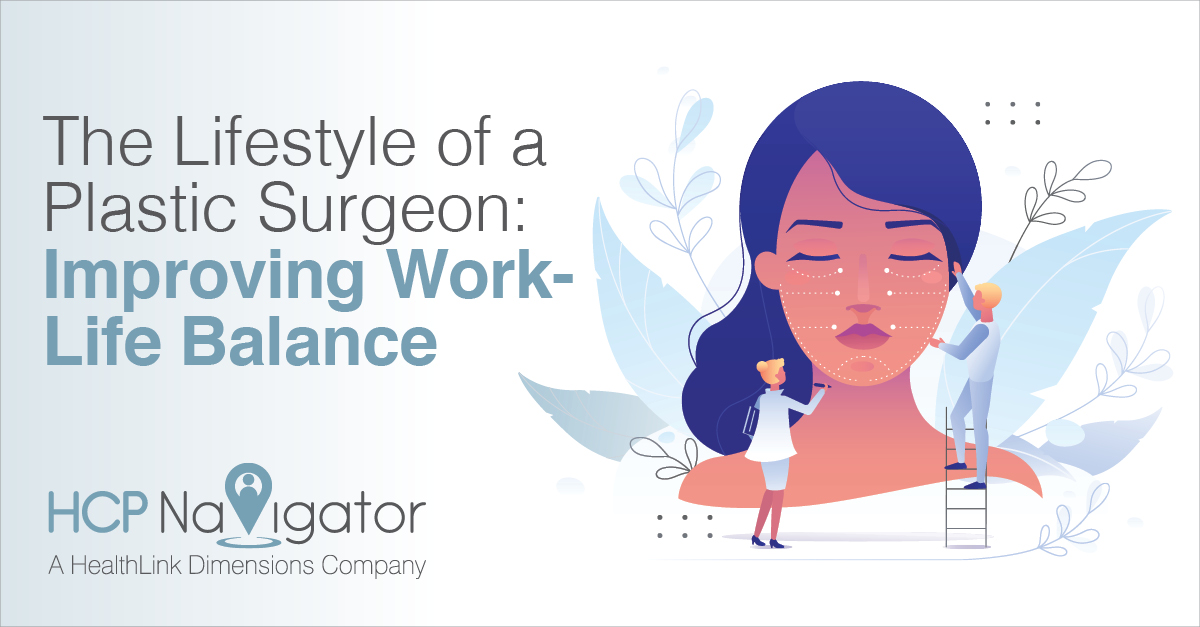
What Are the Most In-Demand Doctor Roles After Covid-19?
Covid-19 has affected everybody’s life on Earth, and most significantly, the healthcare sector. It was a pandemic that nobody could have planned for, with catastrophic outcomes. Since then, there have been various changes within the healthcare industry to lower the severity of future covid-19-like events: the most substantial is the demand for specific job roles within the sector.
Because of this, we’ve dedicated this post to showcase the most in-demand doctor roles after covid-19. The below information was obtained from the 2020 Review from Merritt Hawkins, a well-known healthcare recruiting agency. Here’s what you need to know:
1. Infectious disease specialists
The most in-demand doctor role is forecasted to be infectious disease specialists. Undeniably, there’s always been a heavy requirement for these because of diseases like HIV, Ebola, Hepatitis C, and Tuberculosis. However, because of the nature of covid, it’s fuelled this demand even further.
Currently, there are around 1.76 ID specialists per 100,000 people in the United States. It’s a remarkably low number, far below the recommendation for a country of this magnitude. Therefore, it’s been concluded that around two-thirds of Americans live with below-average or no access to ID specialists.
In addition, there have only been 0.8 qualified applicants per job opening, meaning there are not enough individuals wanting to enroll in this career type. With the below-average required number of ID specialists and minimal applicants, there’s huge demand, which will continue far into the future.
2. Psychiatrists
Including the above, the report from Merritt Hawkins also suggested a serious demand for psychiatrists. It’s a specialist role that’s been in demand for decades, and covid made it even worse. A poll from the Kaiser Family Foundation (KKF) found that 32.5% of adult respondents said they were anxious, nervous, or worried daily, weekly, and monthly since the beginning of the pandemic.
Undeniably, covid-19 has been a burden to mental health. With people we know falling critically ill, work becoming more stressful, and many other reasons, it’s completely understandable. For these reasons, psychiatrists will remain in high demand and maybe even ever than before.
3. Nurse practitioners and physician assistants
The Merritt Hawkins report also mentioned a high demand for NPs and PAs, which isn’t surprising. Currently, the demand for NPs and PAs is showcasing a 54% yearly increase, likely to be driven higher by the pandemic.
Undoubtedly, it’s clear to understand why covid-19 has made the above healthcare specialists in demand. The disease has strongly affected both physical and mental health, resulting in these roles becoming more challenged. Because of this, these specialists are required more than ever.
After reading the above, you should have a broader understanding of the doctor roles that’ll be in the most demand after covid. They’re currently showing increases, yet reports suggest there’s a lot more to come. Several conversations have been discussed on how the healthcare industry will tackle these problems, mainly focusing on technology involvement and traditional processes. Therefore, we’ll have to wait and see how the healthcare sector is structured in the near future.
Interested in making a career change? Many practice opportunities are not listed on internet job boards. Tell us where you want to practice, and we will help you identify practices in those locations. It is quick, easy, and absolutely free for job seekers. Visit PracticeAlert.com.

PracticeAlert supports healthcare providers who:
- Want to explore new or expanded roles and responsibilities on a local, regional, or national basis, but want to keep their research confidential
- Need a time-efficient tool that accelerates their ability to contact employers
- Prefer to bypass external recruiters and engage directly with employers

HealthcareJobFinder helps healthcare providers:
- Engage directly with potential employers without involving external recruiters
- Confidentially explore potential new roles
- Browse open opportunities on a local, regional, or national basis



